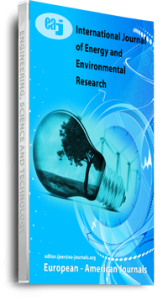Creating impactful policies for sustainable development is crucial for countries at all levels of economic advancement. Developing economies face significant challenges in formulating a strategy that effectively integrates environmental awareness with growth. This comprehensive analysis explores the influence of renewable energy on CO2 exhaustions, considering the contributions of education, GDP, natural resources, and foreign direct investment (FDI) in E-7 nations from 1990 to 2022. The results indicate that renewable energy and education contribute to a decrease in CO2 emissions by 0.58% and 0.23%, respectively, whereas foreign direct investment and the utilization of natural resources degrade the environment by 2.5% and 2.92% respectively. The varied causality findings suggest an interconnected relationship among renewable energy, education, GDP, and emissions. The findings demonstrate the critical need for E-7 nations to prioritize investments in renewable energy and education as a systematic approach to attaining sustainable development goals.
Keywords: CO2, E-7, Economic advancement, Education, Natural resources, Renewable Energy

